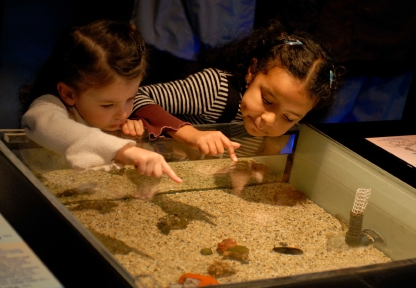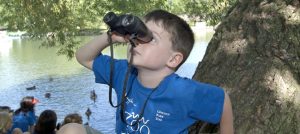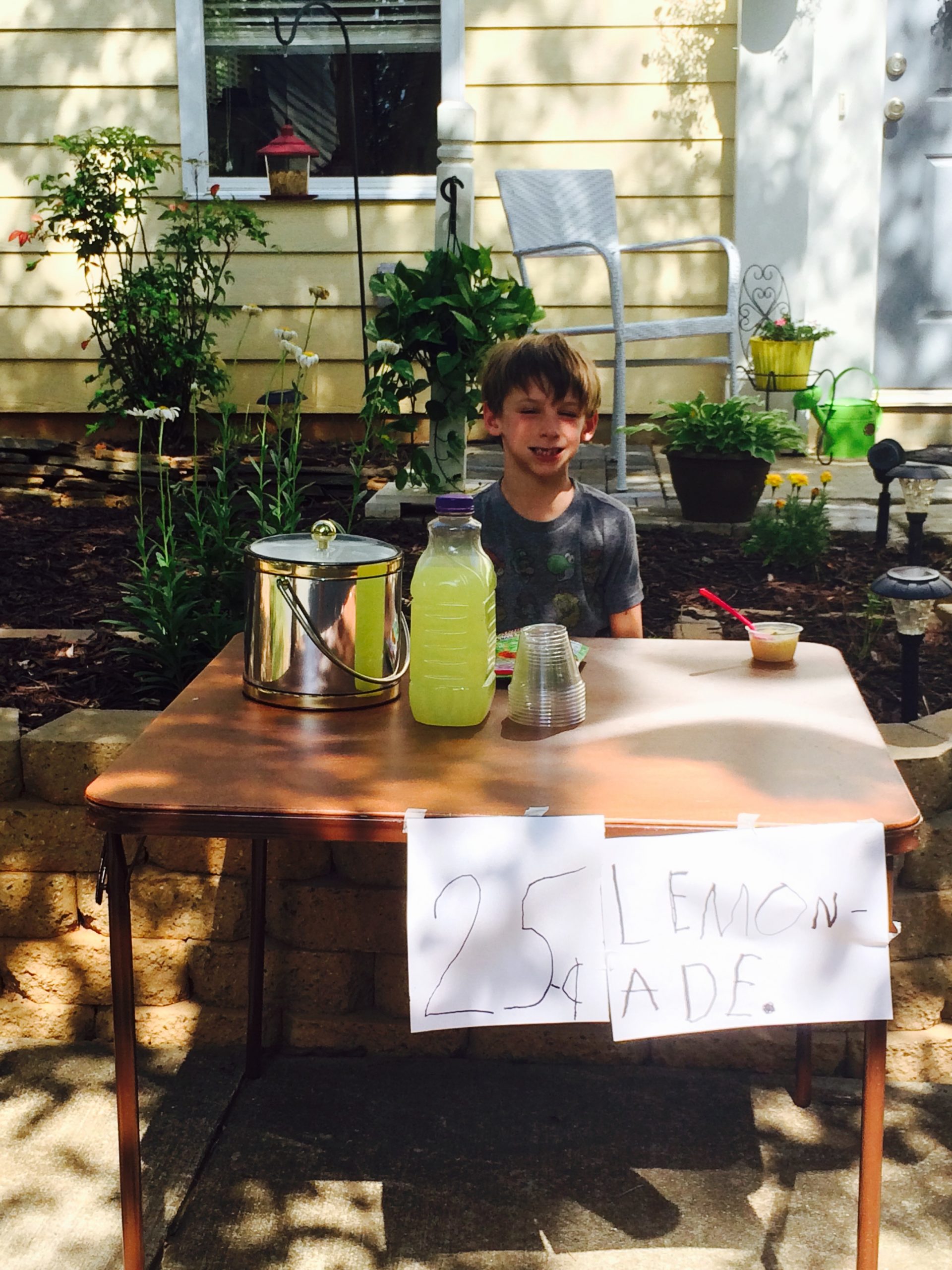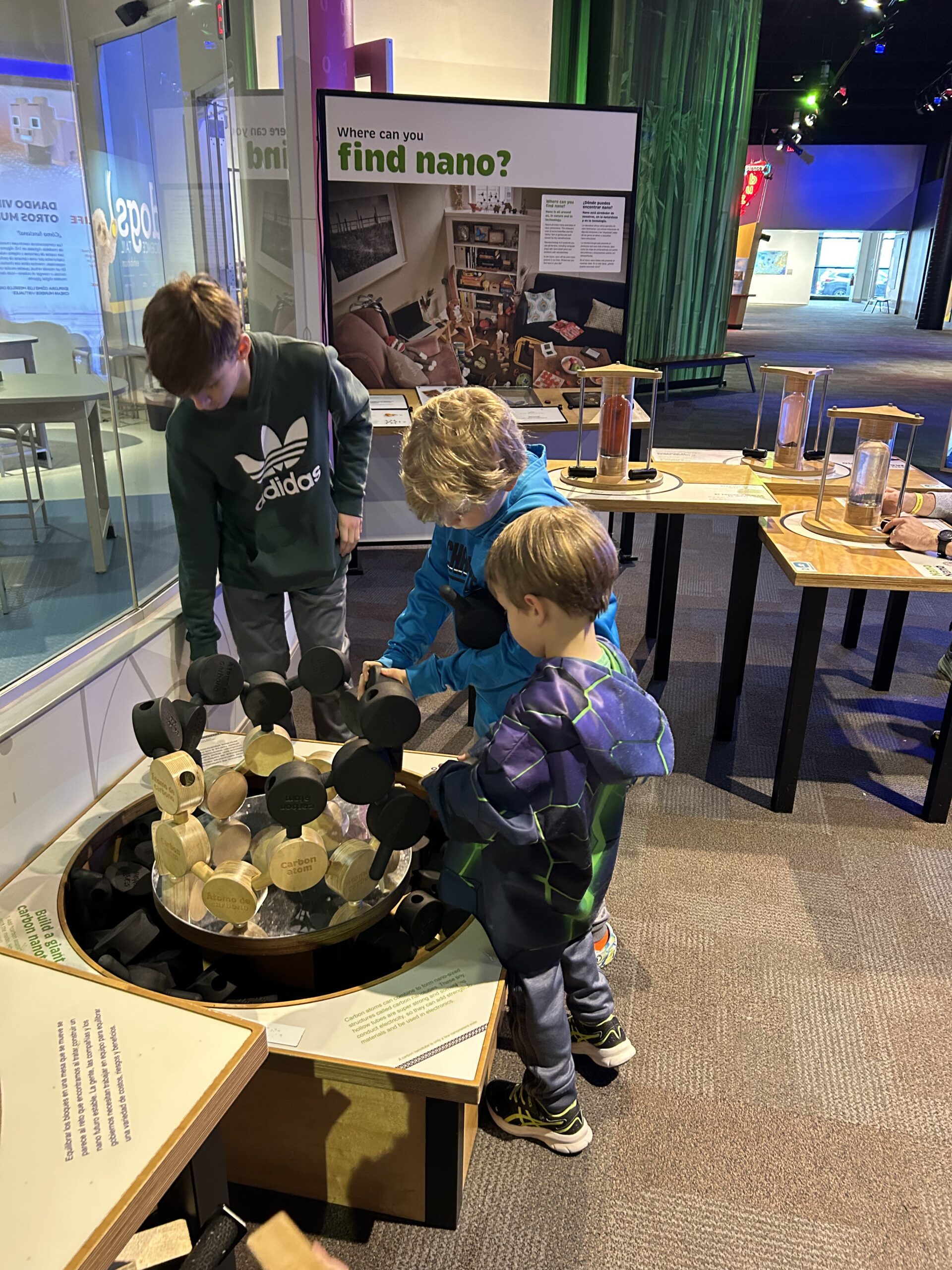Summertime should be about informal learning and not entirely about sitting idly at a computer or playing a video game . Informal learning takes place anywhere and everywhere. It’s what you learn from unstructured activities and experiences. Informal learning is unscheduled and does not derive from any written curriculum.
. Informal learning takes place anywhere and everywhere. It’s what you learn from unstructured activities and experiences. Informal learning is unscheduled and does not derive from any written curriculum.
Through informal learning children as well as adults form attitudes, values, and skills. It is spontaneous and is especially important to a child’s early development and the life long learning of adults.
During the summer months it is most important that children are exposed to experiences that will drive informal learning. Research indicates that the excess of inactivity reduces oxygen to the brain and causes the frontal lobe to shrivel. Keeping your body active will keep your brain active as well.
Some activities for children that lead to informal learning include:
• Planting and growing a garden
• Creating a photo notebook of family picnics and vacations
• Creating a puppet show
• Baking or cooking
• Repairing objects
• Searching various places to visit locally
• Playing board games
• Visiting museums, zoos, and aquariums
 Informal learning does not mean adding more school type activities during the summer. It means creating family time, group playtime, or encouraging a child to engage in a self-directed activity. In other words, it happens on the fly.
Informal learning does not mean adding more school type activities during the summer. It means creating family time, group playtime, or encouraging a child to engage in a self-directed activity. In other words, it happens on the fly.  During this type of learning children often take time to interact with an adult or parent for specific and immediate feedback.
During this type of learning children often take time to interact with an adult or parent for specific and immediate feedback.
A variety of outings are needed during the summer months when children are not in school. Activities that are not instructor led will provide the best informal learning experiences. When you support and encourage positive relationships with active playtime in the natural world, it directs children to make informed decisions.
A learning experience, with the assistance from parents, spark a child’s interest in many subjects and broadens a child’s engagement in learning new content and skills.
During the summer when school is not in session, keep the television, video games, computers, and smart phones at a limit. Engage children in activities that will assist them to acquire new knowledge. Place the learning on the learner through creating, reading, writing, discussing, and solving problems.


